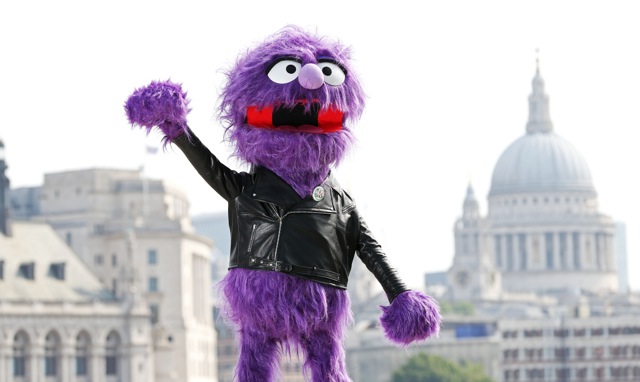

The proposed merger of Three and O2 would have created the UK’s largest mobile operator in terms of customers, catapulting Hutchison’s UK mobile operator from noisy upstart to mobile king.
One of the reasons the European Commission (EC) quashed the £10.25 billion deal was not just that it felt the reduction of four operators to three would harm competition, but the fear that Three would no longer disrupt if it didn’t need to.
And no offer of spectrum for mobile virtual network operators (MVNOs) or promised price freezes could ease these concerns.
Read More: What next for UK mobile industry after failed O2-Three merger?
In a business update with journalists, CEO Dave Dyson and CFO Richard Woodward talked up the success of its Feel at Home roaming offer, its data-centric network and its affordable offers.
Among its boasts are that the average customer uses 5.4GB a month and that its network carries 39 percent of all data traffic in the UK. Feel at Home, which lets users consume their monthly UK allowances in select countries, covers 80 percent of all trips and the network says 44 percent have joined or stayed with Three because of the offer.
Three now claims to have 9.2 million customers and reported half year revenues of £1.052 billion – largely flat year on year.
Like O2, Three has also previously outlined an independent network upgrade roadmap, but now that it is settling back into its role as underdog, it has a new campaign: spectrum.
In 2017, Ofcom will auction 190MHz of 2.3GHz and 3.4GHz spectrum vacated by the Ministry of Defence. Both bands are capable of carrying large amounts of data and it is claimed the amount of spectrum available is equivalent to three quarters of that sold at the auction of 800MHz and 2.6GHz frequencies in 2013.
At that auction, a reserved amount of spectrum was set aside for a fourth operator (Three), and the legal implications of that decision led to the sale being delayed significantly.
Now, Three wants Ofcom to ensure no single operator can own more than 30 percent of all available airwaves in the UK. It says the UK has one of the “most uneven distributions of spectrum across Europe” and alleges the current situation allows operators to stockpile airwaves to harm competitors.
Three says that following the BT’s purchase of EE, the combined entity has 42 percent, while Vodafone has 29 percent, Three 15 percent and O2 14 percent.
Brendan O’Reilly, CTO of O2, told TechWeekEurope: “We’re looking forward to see what the rules are. For us, it’s about having a competitive auction. We don’t have parity in spectrum at this time. I think we need to make sure there is parity to help consumers.”
Before the merger was blocked, Hutchison was all too eager to argue that O2 and Three would be unable to compete against the giants of BT-EE and Vodafone in the quad-play wars. But that’s now the battle they face.
Telefonica appears to be paying more attention to O2, buoyed by a decent showing during merger negotiations, and Hutchison must now choose what to do with Three. It could yet exit the UK market or do something more radical like buy TalkTalk, but for now Three is doing what it has had to do ever since it came into being in 2003: disrupt and make noise.
Are you up to speed on 4G? Try our quiz!
Denial from TSMC, after multiple reports it was in talks with Intel over a joint…
CEO Tim Cook talks to Trump official, as IDC notes China's smartphone market growth, and…
Another big name chip maker expects a hefty financial charge, after the US tightened rules…
More bad news for Google. Second time in less than a year that some part…
Federal office that tackled misinformation and disinformation from hostile nations is closed down, after criticism…
After Nvidia admits it will take $5.5 billion charge as Trump export limits of slower…